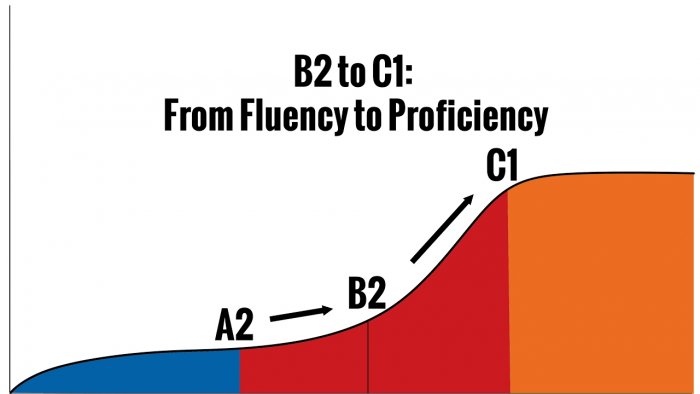Help
For some, this word simply means capability, an ability to listen, speak, read, and/or write in a language without much difficulty.

With such a range of possible meanings and implications, it is impossible for us to discuss fluency without first defining our terms.
For the purposes of this article, let’s divide upper-level language skill into two parts: fluency and proficiency.
Reading
Fluent: A fluent reader will likely understand any basic short text without a lot of specialized vocabulary, but would be lost when attempting to read a book or newspaper, especially ones that discuss a single topic in-depth.
For example, I would consider myself fluent in Russian, to the level that most people I speak with believe that I have Russian parents, or some other intimate contact with native speakers. Despite this, I still struggle when reading a newspaper or a book.
Listening
Fluent: A fluent listener understands most of what he hears, but often has to piece together the meaning of more complex utterances by relying on individual keywords.
Speaking
Fluent: Fluent speakers are able to get their points across with a general smoothness, and can navigate expression of unknown or unfamiliar words or topics through circumlocution.
Writing
Fluent: Fluent writers stick to short, direct sentences and messages. At the fluent level, writing is almost entirely devoid of subtext or overtones—what is written is usually what is meant, and nothing more.
How to Bridge the Gap from B2 to C1
Of all the learners who start on the path of learning a language, very few reach fluency.
You might be wondering: If a learner has been dedicated enough to reach fluency, then why do they have such difficulty reaching proficiency?
Firstly, many who reach the
What is the Intermediate Plateau?
The process of language learning can largely be compared to climbing a mountain.
When you begin climbing, you’re starting from zero. Every single thing you’re learning and doing is helping you gain ground up the mountain.
At this point, you may spend hours and hours diligently learning, but you won’t feel like you’re making much progress. Though you’re putting the time in, you may feel stuck, and see much less return on your learning investment than you did when you started.
If you’ve arrived at the plateau, you can certainly overcome it. And if you can overcome the plateau, then you have what it takes to reach the peak of the language learning success.
I know this because I’ve done it. Not once, but many times, across a dozen languages.
Written by
Go to page 2 (second part of the article)

Related topics:
- How to improve your language level quickly through active and extensive reading
- How to Practice Active Listening Effectively
- When and how to learn grammar while studying a language
Comments
 2
All
2
All
 | DovalAugust 2019 The definition of proficiency given here goes beyond that used by the CEFR, and expressly excludes most native speakers. We are told that a proficient reader "has all the literacy of an educated native speaker" and "can communicate with an elegance and style typically reserved for well-educated native speakers." This necessarily excludes most natives from consideration for proficiency in their own language, and, frankly, strikes me as elitist. As I understand the CEFR, proficiency is situational. A scientist, for example, may be proficient in, say, the English jargon used in his field, comprehending a high register of English with ease, while at the same time struggling to understand the lower registers of English he might encounter at the neighborhood bar. Proficiency should depend on one's goals. If my goal is to speak with ordinary people, and I can achieve the necessary vocabulary and ease of communication to listen, speak, read, and write in a register intended for that audience--say, for example, at the tabloid newspaper level--then I think I have achieved proficiency in that register for that language. I can, and should, seek proficiency at every register of a language that is important to me, including in technical fields (for example, legal jargon) to the extent this matters to me. But why would I want to consider myself proficient only if I have achieved a level of knowledge of the language that is beyond most native speakers? We don't need to be elitist to seek or achieve proficiency. |
 English
EnglishAugust 2019 That being said, this is otherwise another great article from this author.
 | siham2019January 2019 thanks |
 English
English
















































 Source: Luca Lampariello and Kevin Morehouse
Source: Luca Lampariello and Kevin Morehouse